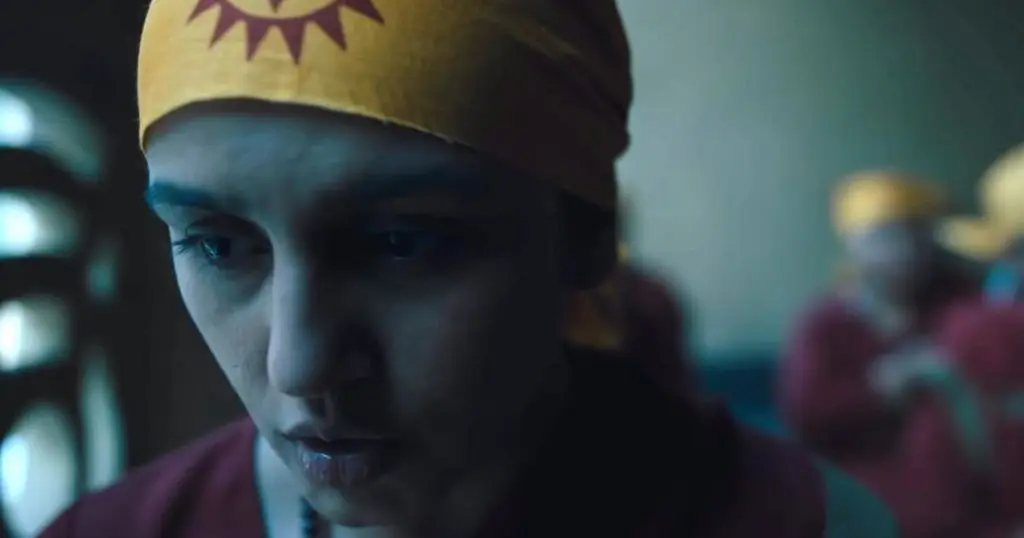Summary
Deliberately provocative and inevitably controversial, Leila is the right kind of worth-talking-about dystopian fiction.
The six-episode first season of the new Indian Netflix Original Series Leila is just the right kind of near-future dystopian fiction. It’s deliberately provocative, challenging, and will inevitably be controversial — which is a good thing, given that Indian film and television has been making some waves on Netflix recently, with shows like Sacred Games and Ghoul doing a lot to entice mainstream, global eyes to the nation’s entertainment output. A show so overtly political and bravely audacious in its ideas will inevitably have detractors, but it’ll please just as many people — if not more — with its willingness to commit to its own nihilistic identity.
Set in a near-future world on the brink of environmental collapse that has been rigidly segregated, Laila casts Huma Qureshi as a privileged woman stripped of her advantages and forced into a labor camp that strongly evokes Margaret Atwood’s The Handmaid’s Tale right down to the red uniforms. It’s a place defined by its physical and psychological claustrophobia, and director Deepa Mehta is a dab hand at simulating that for the audience. The spaced-out, repetitive droning of the imprisoned as they relentlessly declare fealty to their nation forms a grim, hyper-nationalistic soundtrack.

Leila is about that idea of nationalism just as much or perhaps more so than it’s about race and class, but it’s a show that revels in dissent, in railing against arbitrary lines of segregation and gross imbalances of power. It’s about rebellion regardless of consequence, and not always subtlely, but its performances — particularly that of Huma Qureshi — are defined by their nuance and humanity; a counterpoint to the show’s more overt baiting. There’s real craftsmanship on display in Laila, not just political antagonism, and it’s written with a strong sense of how subjugated people are kept under the yoke with nebulous ideas of tradition, eventual betterment, and the expectation of unearned gratitude.
It’ll be interesting to see the impact of Leila, and quite how much of an audience it manages to garner on Netflix. But the first season — brief, ultimately, but memorable nonetheless — is respectably audacious speculative fiction, willing to not just present its rebellious ideas but to commit to them, to follow through on them, whatever the consequences.




